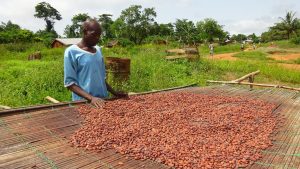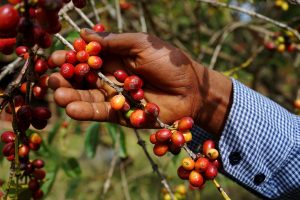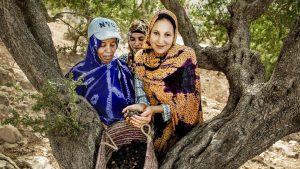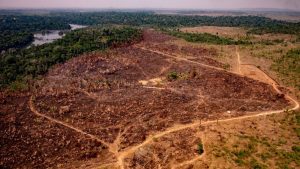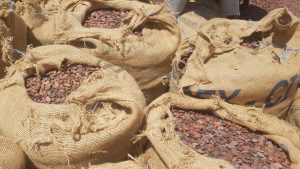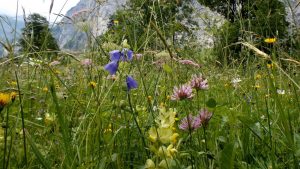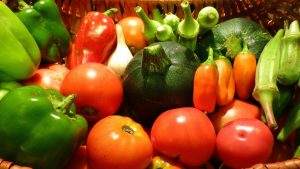
France, pioneer of local fair trade in Europe
In France, the development of local fair trade has been the result of both South-North trade initiatives, such as Ethiquable or Alter Eco, and the French small farmers movement. The national law on fair trade provides a framework for the approach, as does the ‘Origine France’ fair trade charter. And no fewer than 8 labels can be used to certify products or services. A brief overview

